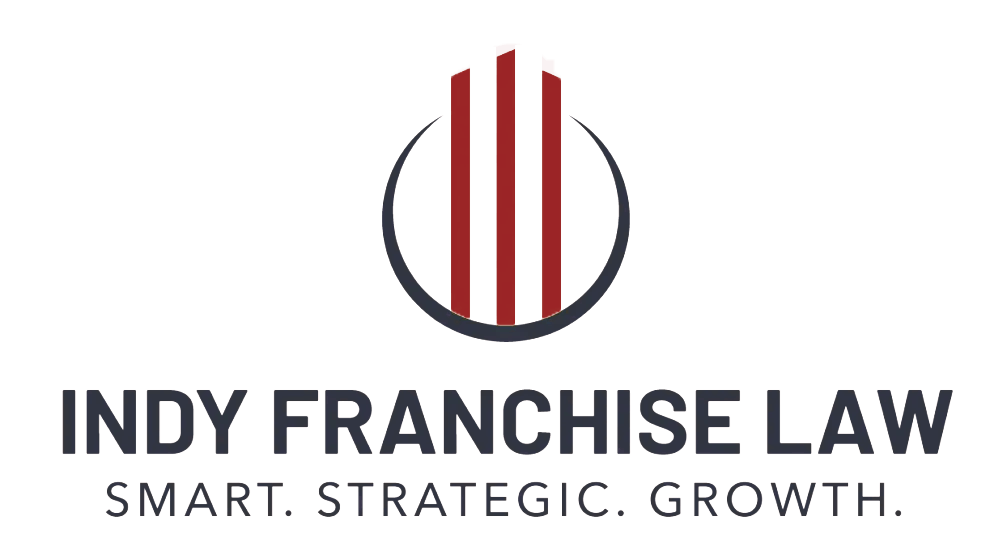I recently attended a sales presentation on certain master franchise opportunities available in Indiana. A master franchise arrangement is when a franchisor sells an entire State or another defined territory to a “master franchisee” who in turn has the right and responsibility to go and sell sub-franchisees with the hope of developing an entire territory. The master franchisee is paid a royalty from each sub-franchisee that is often split or shared in some capacity with the franchisor. In essence, a master franchise arrangement allows the franchisor to turn over the control of franchising activities in a specified area to a person or entity (master franchisee) who in turn finds other buyers and oversees these buyers.
While listening to the sales pitches at this presentation, I was struck by the half-truths and misinformation. Promises of the “near certainty” of success of these type of systems and other quasi-guarantees nearly led to me interjecting with a dose of factual reality. I did not do so. While there were certainly beneficial aspects to this presentation, the people speaking were financially motivated to sell these systems to receive a fee. In other words, only one side of the story was being told and the entire presentation just seemed sleazy. All of this got me thinking about the similarities between certain franchise systems and pyramid schemes. Now, let me be clear, I do not believe that all franchise systems are pyramid schemes, nor do I believe that even most are, but there are some that sound and smell like one. The trick is being able to tell the difference.
At its most basic level, a franchise banks on the process of building a system, brand, and plan around a business to be used by others in exchange for fees and royalties. Essentially, providing a business owner with a great vehicle to expand through the use of franchisees’ capital. On the flip side, would-be buyers have the opportunity to buy a proven system, brand, and plan that should aid in the liklihood of success. A necessary part of this model involves a royalty fee. A royalty fee is an amount taken from each franchisee (usually as a percentage of monthly sales) that is paid to the franchisor in regular monthly intervals. This is paid out of gross sales, so it is paid whether you, as the franchisee, make money or not.
At its core, a pyramid scheme is a business model premised on paying people for enrolling other people into a system; rather than providing any real investment or sale of products or services to the general public through the system. Usually, a successful pyramid scheme utilizes a fake yet credibly sounding business with a simple, understandable, and repeatable money-making formula. Sound familiar? In essence, the person at the top of the pyramid scheme makes money by recruiting people who in turn recruit more people. The head of the pyramid gets paid a small amount from each new recruit. The problem is that outside of the few people at the top of the pyramid, there is no real benefit to all the others that take part in the scheme. In fact, those at the bottom of the scheme that are unable to recruit more takers, end up owing more than they are taking in.
I do not believe that legitimate franchise systems are pyramid schemes. Heck, I represent franchise buyers & owners and certainly believe in the viability of the business model. But as a buyer, you must be able to tell the difference between a good franchise and a scheme. One way to do this while researching a franchise opportunity, is to ask yourself, “How does this franchise make money?” If the real profit is generated, not by the sale of goods or services, but primarily through the sale of new franchises or distributorships, then watch out. An over-emphasis on selling franchise systems as opposed to the products or services the franchise actually sells, will often lead to an over-saturated market and eventually lead to failure.
Don’t be a victim of this type of scheme. If something sounds too good to be true, it probably is. And if you are unsure, seek legal or other counsel.









